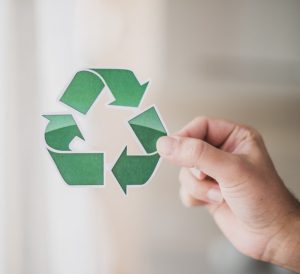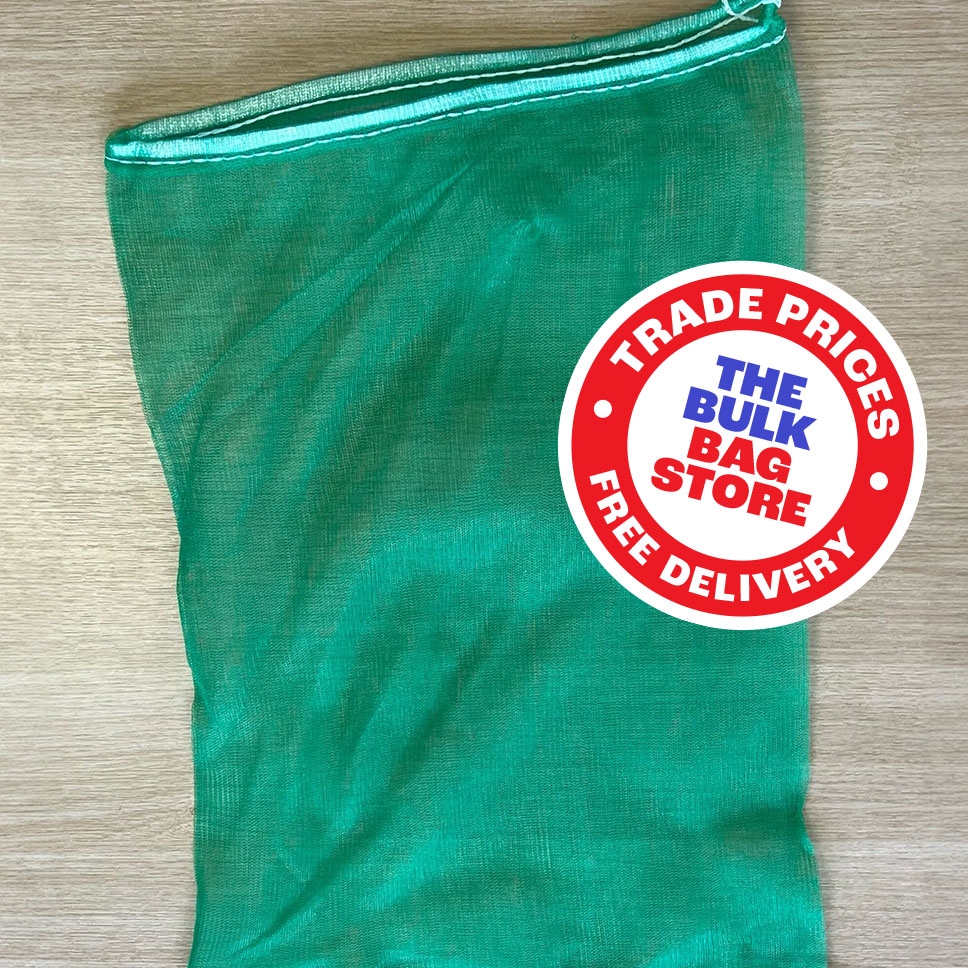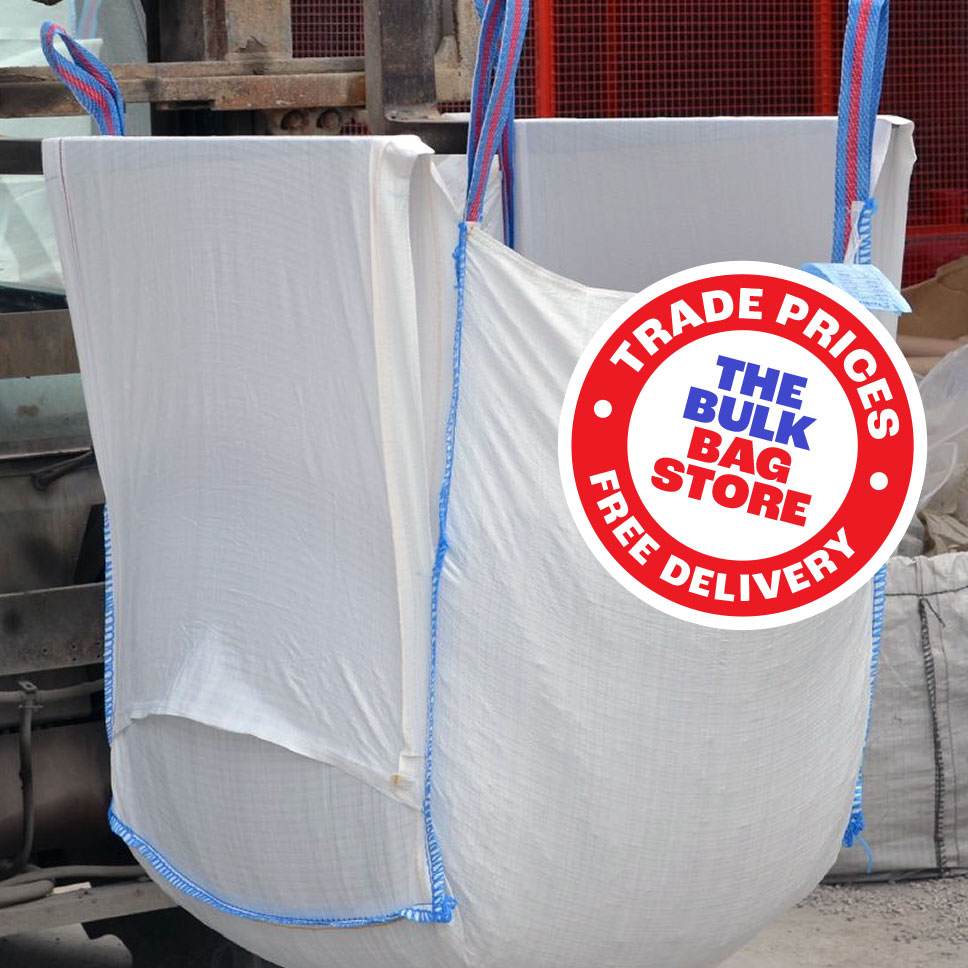The packaging industry wants to see the EU step up on its circular economy goals
Leading lights in the industrial packaging industry are calling on the European Union to increase its efforts to achieve a circular economy.
A total of 36 packaging organisations, including the European Organisation for Packaging and the Environment (EUROPEN), material manufacturers, packaging producers and major brands of consumer goods sent a proposal of joint recommendations to the EU, to help steer its circular economy policy.
A circular economy is a generic term for an industrial economy producing no waste and pollution, and the group’s proposals call for ambitious and long-term policies to be put in place, to enable the packaging industry to fulfil their environmental goals.
These policies include the sustainable use of resources over a whole life-cycle perspective, the incentivisation of large-scale production and achievable and realistic recycling targets while taking account of the industry’s value chains.
EUROPEN Chairman, Martin Reynolds, explained the proposals are aimed at reinforcing existing EU policies, in addition to helping to preserve the environment and also relaunching competitiveness in Europe, maintaining jobs and assisting sustainable growth in the industry.
He added that industrial packaging can play an important role in the circular economy, by helping to reduce the amount of product waste and increasing the effective use of resources.
His group’s recommendations ask the EU to ensure the circular economy maintains the free movement of packaged goods and packaging itself throughout the EU’s internal market, and that it sets achievable recycling goals for packaging, which are based on already established starting points.
The proposals also ask for a strengthening of the existing legal framework for EPR (Extended Producer Responsibility) for used packaging. The EPR strategy has been developed in order to encourage the incorporation of the lifetime environmental costs associated with goods into the market price of those goods.
The recommendations also call on the EU to avoid new legal requirements which introduce extra systems of packaging reuse alongside the existing EPR strategy and to avoid related measures which will change the internal market.
Virginia Janssens, the EUROPEN Managing Director, explained that maintaining Europe’s internal market is vitally important, in order to give industrial packaging companies the confidence to grow and to continue to innovate, enabling them to help meet the environmental objectives of the circular economy.
She said that the EU must ensure it avoids introducing any measures which could lead to the divergence of requirements for packaging design because these may lead to the placing of unnecessary barriers to trading in packaged goods.
Instead, she said, the European Union must forge ahead with measures which harmonise methods of production and build on twenty years of increased packaging recycling rates through the implementation of fair, transparent and efficient EPR schemes.
Any new policies must be robust, ambitious and yet realistic, in order to promote good practice and set achievable targets.
The implementation of such policies, say industry leaders, will go a long way towards helping the EU reduce the effects of climate change by decreasing harmful emissions. It will also encourage packaging industries to redesign products and keep innovating.






